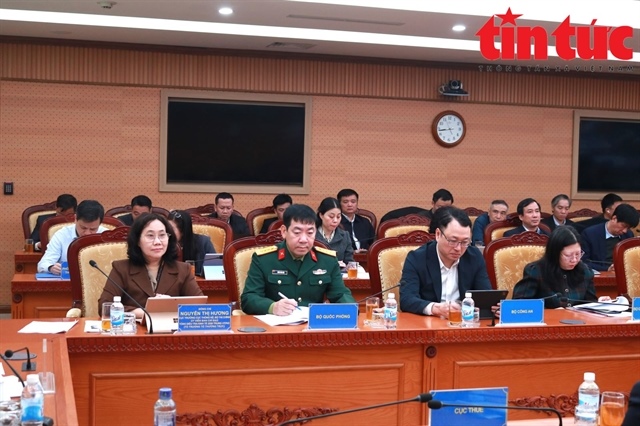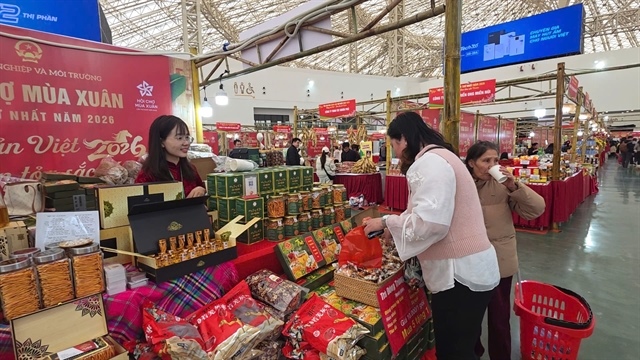Vietnam’s FDI attraction: which sectors to prioritise?
Vietnam’s FDI attraction: which sectors to prioritise?
Vietnam has very good achievements in foreign direct investment attraction, however, it needs to change its strategy and orientation to focus on the necessary sectors to improve efficiency.

Sectors of current focus
Numerous foreign groups have been doing business successfully in Vietnam, such as Samsung, LG, Intel, GE, Mitsubishi, and Panasonic. However, the draft of FDI attraction orientation and strategy for 2018-2030 built by the Ministry of Planning and Investment in collaboration with the World Bank noted that Vietnam needs to carefully review the priority sectors to attract FDI in the time to come.
According to Simon Bell, the World Bank’s senior advisor on investment policy, experts mentioned high-added value in FDI attraction but have not pointed out sectors and what to do, and that in the new orientation, Vietnam needs to identify these two points.
This is the largest challenge not only for Vietnam, but also of other countries which are attracting FDI successfully in the first 10 or so years.
These sectors must become engines of development for the country. Thereby, the World Bank’s experts have researched and outlined a series of priority sectors, such as chemicals, high-tech electronic components, creative and high-tech agriculture, and high-quality tourism, in order to raise value and improve competitiveness.
Original equipment manufacturing, automobiles and transport parts, and environmental technology are short-term priorities, while healthcare and education, pharmaceuticals and health products, and financial and IT services are mid-term ones. They are all high added-value sectors.
Professor Nguyen Mai, chairman of the Vietnam Association of Foreign Invested Enterprises (VAFIE) stressed that it is important to lure FDI into high-tech and environmentally friendly projects that comply with Industry 4.0.
“Additionally, they need to be promoted by attractive incentives which lure large groups and corporations to invest into renewable power projects,” added Professor Mai.
Sectors Vietnam must say “no” to
In addition to priority sectors, Professor Mai said that Vietnam must say “no” to FDI projects in cement and iron-steel manufacturing as well as oil refineries in order to implement its green growth goals. He suggested choosing modern and high-tech investors to develop coal and gas thermal power projects.
The leader of Samsung Vietnam told VIR that Vietnam should continue luring FDI capital into labour-intensive fields such as textile, footwear, and the processing and manufacturing sectors. He said that countries attracting FDI usually aim to transfer technology, take advantage of big capital exceeding domestic firms’ capacity, and create jobs for local human resources.
“These three factors are necessary for socioeconomic development. Processing and manufacturing projects are also very important to create jobs with simple requirements and skills. How will workers live without such projects?,” he noted.
The World Bank’s experts said that Vietnam should not stop pouring FDI capital into sectors which have been invested successfully.
Agriculture and the basic production fields are still very necessary. In addition to pouring capital into big cities, FDI also needs to reach the fields of textile and footwear or create jobs in remote areas, according to Simon.



















